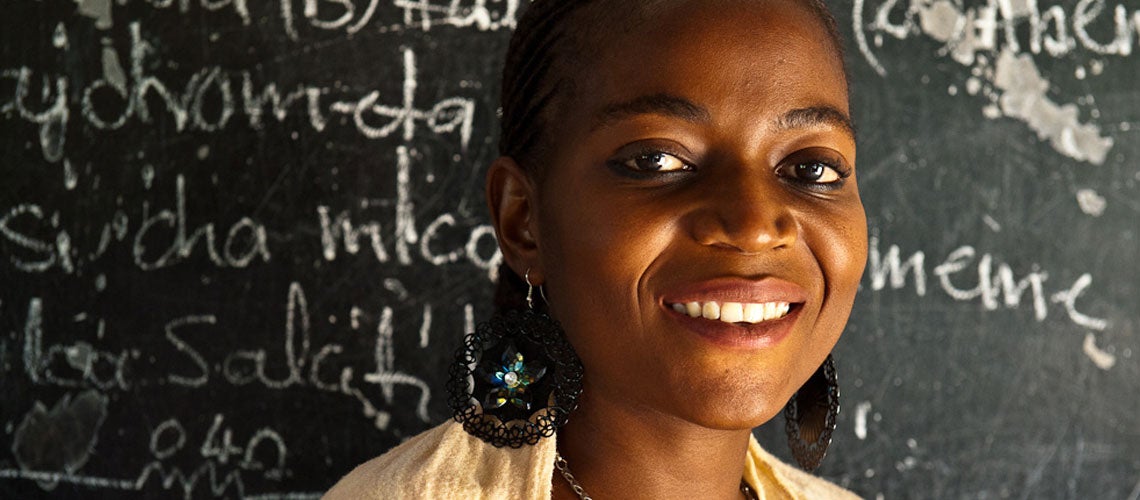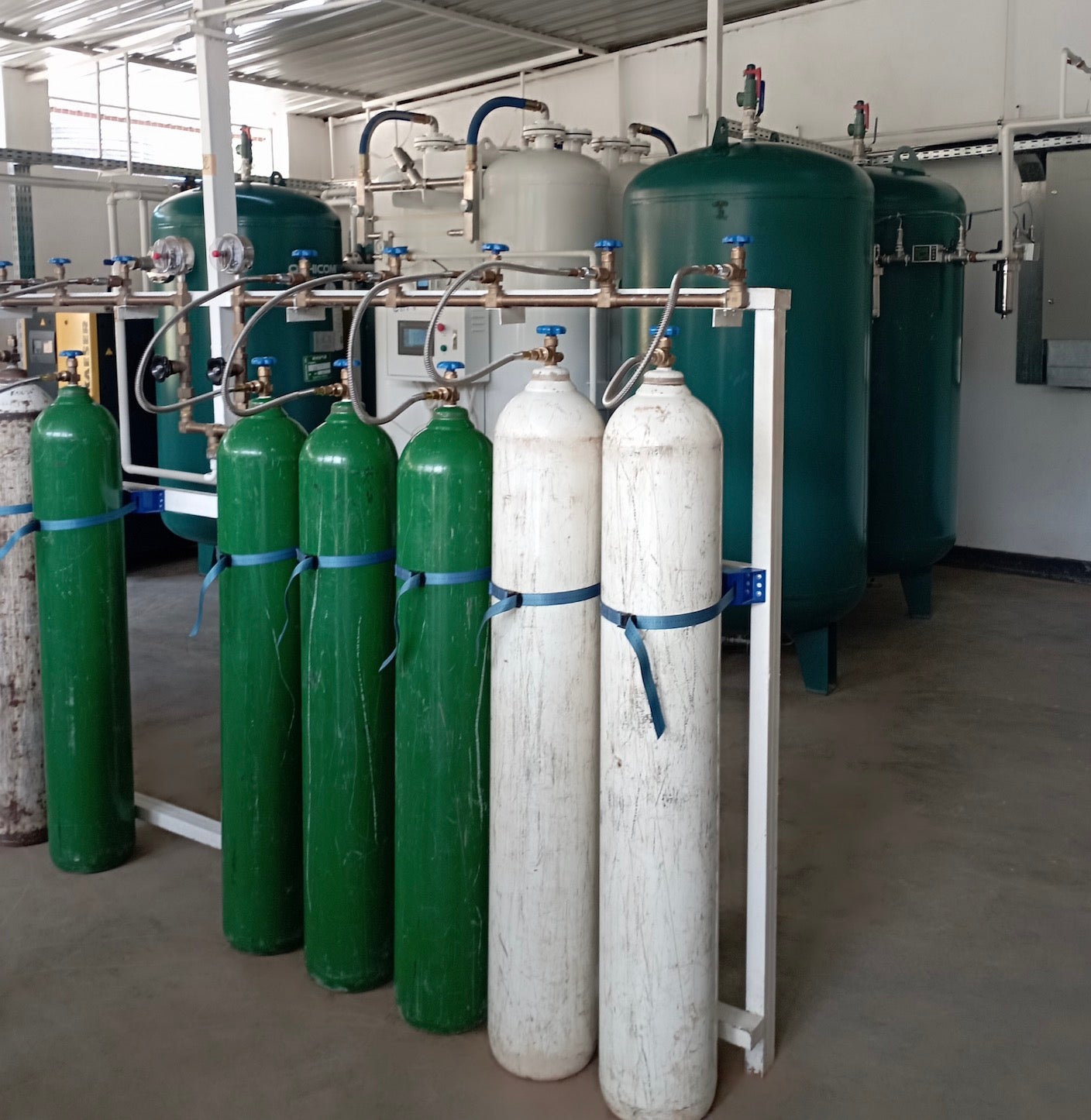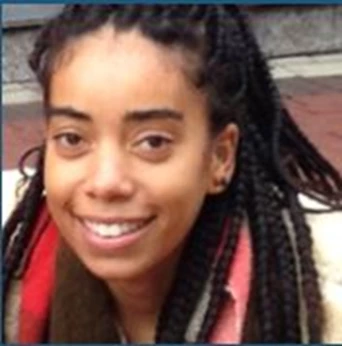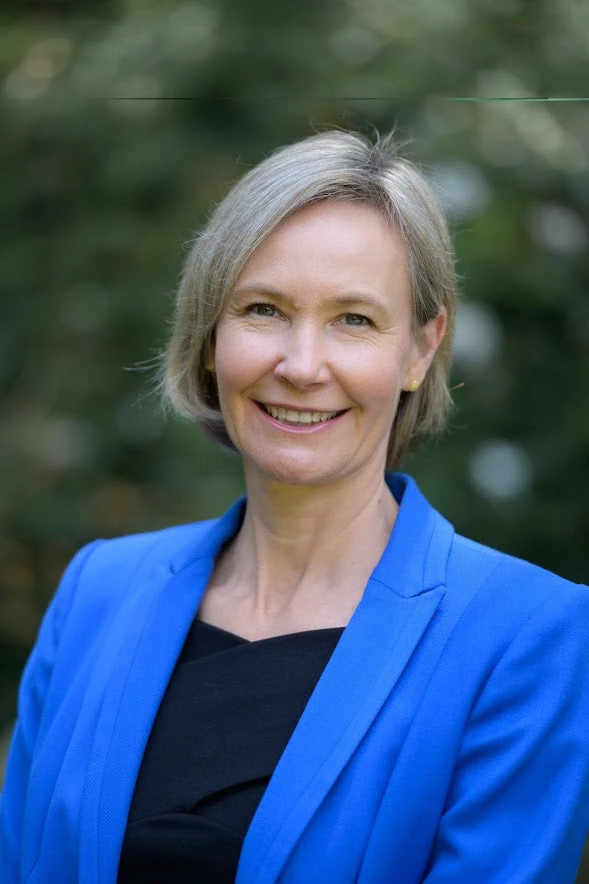 World Bank
World Bank
“I will not crawl up in the corner, afraid of my shadow, afraid of his hands... Because I am a survivor, and I will not be silent.” The words of Tanzanian poet Neema Komba capture the strength of women and the persistence and courage victims of gender-based violence need to summon every day. In Tanzania, where 44% of females are subjected to physical or sexual violence at the hands of an intimate partner and 30% of girls are subjected to sexual violence before the age of 18, such words resonate strongly.
The World Bank launched the Tanzania Gender Assessment (Kiswahili), Tanzania Gender-Based Violence Assessment (Kiswahili), and a Stakeholder Consultation Report (Kiswahili) earlier this year, aiming to include all stakeholders in it—government officials, development partners, civil society organizations, citizens and artists—so they could be part of advancing gender equality.
With a woman, Samia Suluhu Hassan, holding the presidency, there seemed no better time to do it. The Bank’s Gender Strategy (2016–2023) outlines what it takes to reach equality, poverty reduction, and inclusive growth:
- improving human endowments;
- economic opportunities;
- removing barriers to women’s ownership of, and control over, assets;
- enhancing women’s voices and agency, which includes involving men and boys (because there can’t be progress if men, and boys, are left behind).
This blog reflects on how the recent findings of the Tanzania Gender and GBV assessments have been disseminated. It does so because we need to make sure that our findings are put into practice—that they “walk the talk.” We will share more on the findings themselves in our next blog.
First steps
Ensure your research is owned at all levels and linked to the government’s agenda. Our assessments were carried out as part of government programs designed to empower women and girls. They detail progress achieved to date, such as lowering the total fertility rate and introducing a set of legislative frameworks, as well as national plans of actions, launched on mainland Tanzania and the islands of Zanzibar, designed to put an end to GBV and violence against children.
Explore the use of video and citizens’ voices to put the message in their own words. The reports have highlighted the prevalence of gender inequalities in Tanzania. Female wage workers earn about 88 cents for each dollar earned by men; female farmers have less access to productive agricultural fertilizers and labor than men do; and in mainland Tanzania girls are significantly less likely to enroll in upper-secondary school. The launch recording can be found here.
Physical and sexual violence also remains common from a young age. The launch included video of citizens pondering issues of GBV as part of their regular commute on a bus. Nuru Mohamed, one of the commuters, expresses the sense of futility she felt when she reported a rape-crime in her family: “I followed the law by reporting to the local government, but I couldn’t get any assistance. … I later realized that someone was protecting the rapist through bribes. I had no money.”
Art can bring your findings to life. Video, as a means to messaging, and art—poetry, song, paintings, or virtual reality—can bring your findings to life. Two poets from Tanzania wrote reflections on sexual and physical abuse. In “I lost my teeth in a fight,” Lydia Nyachiro Kasese reflected on the ways in which women internalize beliefs that violence against them is justified. “Survivor,” by Neema Komba, called on survivors to raise their voices: “NO, I am not your victim. I will not crawl up in the corner, afraid of my shadow, afraid of his hands, afraid of his touch, afraid of his voice, afraid of life! ... Because I am a survivor, and I will not be silent.” A video of Neema reading her poems in Kiswahili can be found here.
To encourage debate and discussion, disseminate information on how best to use existing legislation and policy levers. Human-rights lawyer and activist Fatma Karume highlighted the need to address discriminatory legislation, especially in relation to widow inheritance laws and antiquated legal statutes on rape. In a sobering plea, she called for the expansion of legal protection for women and adolescents and insisted on changes to existing legal frameworks so that GBV punishments are commensurate with the severity of the crimes committed.
Make sure your dissemination is inclusive. How many reports, on key issues such as gender equality, are only printed on paper or available online? What is there for those not accessing the internet, not able to get a printed copy, not able to read or see? We made our reports available in Braille, translated them into Kiswahili, and invited some participants to the event and broadcast it live.
Pick up the pace
Quickly shift from analytics to action and operations. Our assessments, linked above, show that improving gender equality and ending gender-based violence in Tanzania will take a multi-pronged approach, one that includes conditional cash transfers to redress low levels of secondary school enrollment and completion; combating child marriage (by supporting girls who have already dropped out of school to return); and amending the Law of Marriage act to increase the legal age to eighteen. The World Bank is currently designing a new operation, the Program for Advancing Gender Equality in Tanzania (PAMOJA, P176685), which aims to promote economic opportunities for women and adolescent girls and strengthen Gender-Based Violence prevention and response in targeted areas in Tanzania while supporting the government’s capacity to advance gender equality.
There is a risk that findings such as ours never change anything unless they are acted upon. Tanzania’s Minister of Community Development, Gender, Women and Special Groups, Dr. Dorothy Gwajima, has appointed a taskforce to take the findings forward.






Join the Conversation